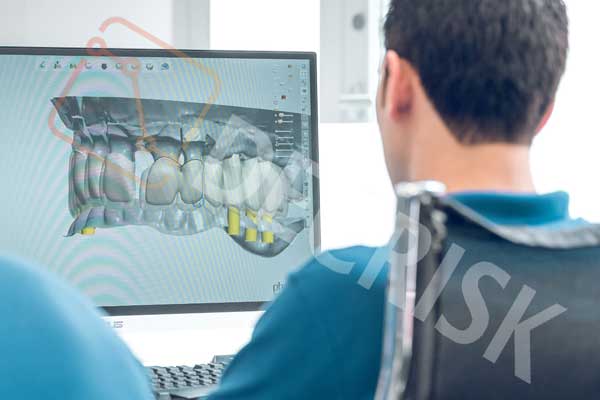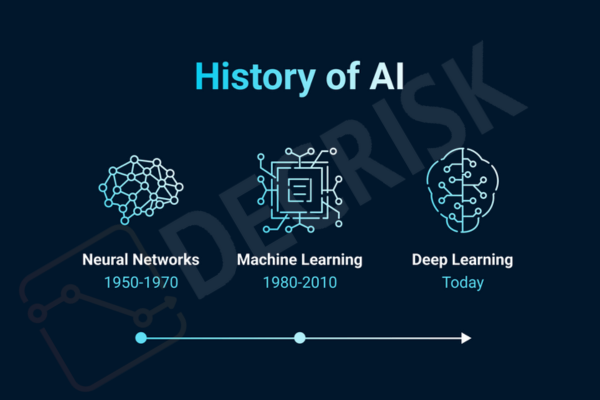Welcome to a fascinating new development in dental technology! A recent study published in the Journal of Dentistry unveils an AI-based tool designed to automate virtual implant placement. This cutting-edge research compares the effectiveness of artificial intelligence (AI) with human intelligence (HI) in preoperative implant planning for single-tooth replacements. The study’s results are groundbreaking, showing that AI may significantly enhance the efficiency, quality, and consistency of dental implant procedures. Let’s dive into the key findings and implications of this research!

Keywords That Matter: AI, Efficiency, Consistency
This research is groundbreaking for several reasons, with keywords that capture the essence of its contributions:
- Artificial Intelligence (AI): AI is central to this study, showcasing its growing role in dental care.
- Human Intelligence (HI): The comparison between AI and human experts provides insight into how technology can complement, rather than replace, skilled professionals.
- Implant Planning: The core area of this study, demonstrating the real-world applications of AI in dental practices.
- Time Efficiency: A crucial advantage of AI, particularly in clinical workflows where speed without sacrificing quality is essential.
- Consistency: AI’s ability to maintain high-quality outcomes with 100% consistency points to its potential for standardizing implant procedures.
- Clinical Acceptance: Ensuring AI’s acceptance in the clinical world is key to its future success.
These keywords are more than just jargon—they represent the future of dental implantology, offering professionals a glimpse into a more efficient, accurate, and reliable way of working. Stay tuned for more developments as AI continues to advance healthcare!
AI vs. Human Intelligence in Implant Planning
The AI-based approach’s time efficiency stands out as one of its most significant advantages. Reducing the time needed for implant planning by more than half is a game changer, allowing dental professionals to streamline their workflows and focus on patient care. In practical terms, the AI system was 2.2 times faster than traditional methods, a testament to how technology can transform clinical efficiency.
Key Findings
The study assessed AI and human planning across several critical factors: quality of planning, time efficiency, consistency, and clinical acceptance. The results? AI not only keeps up with human planners—it often surpasses them.
- Quality of Planning: AI-generated plans were impressively accurate. In 95% of cases, the AI implant planning required no significant changes, nearly matching the 96% of human-generated plans. This highlights that AI can reliably produce expert-level results.
- Time Efficiency: One of the most striking advantages of the AI tool was its speed. On average, the AI completed the planning process in just 198 seconds, whereas human planners took more than twice as long—435 seconds, to be exact. This time-saving potential is vital in improving the workflow of dental practices.
- Consistency: AI exhibited 100% consistency with zero-degree median surface deviation (MSD), a notable achievement compared to the variability seen in human planning, which showed higher MSD values. This reliability could lead to more standardized results in clinical practice.
- Clinical Acceptance: In a Turing test comparison, AI was favored in 3 out of 6 cases, demonstrating that its outcomes are not only technically sound but also clinically appealing.
Looking Ahead
The integration of AI in dental practices, particularly in implant planning, represents a significant leap forward. With its proven time-saving capabilities, consistency, and clinical reliability, AI-based tools are poised to reshape how dentists approach their work. As more studies like this one continue to validate the effectiveness of AI in clinical settings, we can expect to see its broader adoption in dental and medical fields alike.
Additionally, the ethical considerations around AI in healthcare remain an important topic. AI tools must not only deliver high-quality results but also meet the clinical and ethical standards that ensure patient safety and practitioner trust.
In conclusion, the study introduces an AI-driven solution that not only matches human expertise but in many cases outperforms it, offering a faster, more consistent approach to implant planning. The potential of AI to enhance dental workflows while maintaining high standards of care is a clear signal that the future of dentistry will be shaped by technology—and it’s arriving faster than we think.


